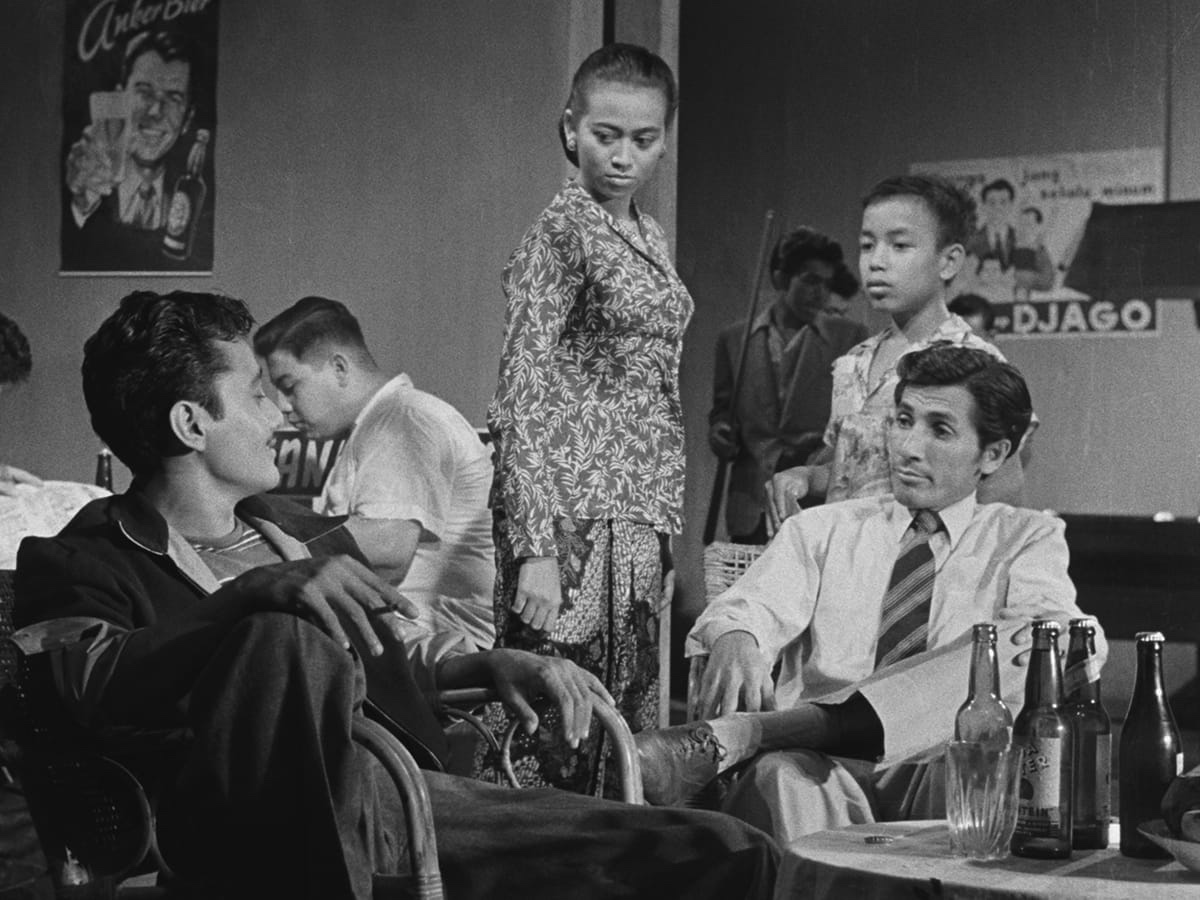by Corry Shores
[Search Blog Here. Index-tags are found on the bottom of the left column.]
[Literature, Poetry, Drama, entry directory]
[Proust. À la recherche du temps perdu, entry directory]
[Proust. Du côté de chez swann / Swann’s Way, entry directory]
[The following is summary, with my own bracketed comments. Proofreading is incomplete, so I apologize in advance for my distracting typos.]
Marcel Proust
Du côté de chez swann. À la recherche du temps perdu. Tome I
Swan's Way. Vol. 1 of Remembrance of Things Past
Première partie
Overature
Combray I.
§18/19-20
[M. Swann’s high social status was not obvious.]
Brief summary:
M. Swann’s behavior never indicated his high social status, and the narrator’s family had no reason to think so anyway.
Summary
The narrator’s family was unaware of M. Swann’s place in high society, because he was discrete about it, and they assumed he stayed in the same social class as his parents. M. Swann’s father was a stockbroker, which meant their family income stayed within a certain limited range. The narrator’s family did not have any reason to suspect that M. Swann associated with the higher social class, because he did not show much refinement and social grace when discussing such things as cuisine or art. However, he did often entertain them with lively and witty stories about his latest adventures with people they also knew.
The narrator’s great-aunt often even joked about M. Swann being of a higher class. It was funny for her, because she thought it in fact highly improbable.
From the English translation:
§19
Our utter ignorance of the brilliant part which Swann was playing in the world of fashion was, of course, due in part to his own reserve and discretion, but also to the fact that middle-class people in those days took what was almost a Hindu view of society, which they held to consist of sharply defined castes, so that everyone at his birth found himself called to that station in life which his parents already occupied, and nothing, except the chance of a brilliant career or of a ‘good’ marriage, could extract you from that station or admit you to a superior caste. M. Swann, the father, had been a stockbroker; and so ‘young Swann’ found himself immured for life in a caste where one’s fortune, as in a list of taxpayers, varied between such and such limits of income. We knew the people with whom his father had associated, and so we knew his own associates, the people with whom he was ‘in a position to mix.’ If he knew other people besides, those were youthful acquaintances on whom the old friends of the family, like my relatives, shut their eyes all the more good-naturedly that Swann himself, after he was left an orphan, still came most faithfully to see us; but we would have been ready to wager that the people outside our acquaintance whom Swann knew were of the sort to whom he would not have dared to raise his hat, had he met them while he was walking with ourselves. Had there been such a thing as a determination to apply to Swann a social coefficient peculiar to himself, as distinct from all the other sons of other stockbrokers in his father’s position, his coefficient would have been rather lower than theirs, because, leading a very simple life, and having always had a craze for ‘antiques’ and pictures, he now lived and piled up his collections in an old house which my grandmother longed to visit, but which stood on the Quai d’Orléans, a neighbourhood in which my great-aunt thought it most degrading to be quartered. “Are you really a connoisseur, now?” she would say to him; “I ask for your own sake, as you are likely to have ‘fakes’ palmed off on you by the dealers,” for she did not, in fact, endow him with any critical faculty, and had no great opinion of the intelligence of a man who, in conversation, would avoid serious topics and shewed a very dull preciseness, not only when he gave us kitchen recipes, going into the most minute details, but even when my grandmother’s sisters were talking to him about art. When challenged by them to give an opinion, or to express his admiration for some picture, he would remain almost impolitely silent, and would then make amends by furnishing (if he could) some fact or other about the gallery in which the picture was hung, or the date at which it had been painted. But as a rule he would content himself with trying to amuse us by telling us the story of his latest adventure — and he would have a fresh story for us on every occasion — with some one whom we ourselves knew, such as the Combray chemist, or our cook, or our coachman. These stories certainly used to make my great-aunt laugh, but she could never tell whether that was on account of the absurd parts which Swann invariably made himself play in the adventures, or of the wit that he shewed in telling us of them. “It is easy to see that you are a regular ‘character,’ M. Swann!”
§20
As she was the only member of our family who could be described as a trifle ‘common,’ she would always take care to remark to strangers, when Swann was mentioned, that he could easily, if he had wished to, have lived in the Boulevard Haussmann or the Avenue de l’Opéra, and that he was the son of old M. Swann who must have left four or five million francs, but that it was a fad of his. A fad which, moreover, she thought was bound to amuse other people so much that in Paris, when M. Swann called on New Year’s Day bringing her a little packet of marrons glacés, she never failed, if there were strangers in the room, to say to him: “Well, M. Swann, and do you still live next door to the Bonded Vaults, so as to be sure of not missing your train when you go to Lyons?” and she would peep out of the corner of her eye, over her glasses, at the other visitors.
From the French:
§18
L’ignorance où nous étions de cette brillante vie mondaine que menait Swann tenait évidemment en partie à la réserve et à la discrétion de son caractère, mais aussi à ce que les bourgeois d’alors se faisaient de la société une idée un peu hindoue et la considéraient comme composée de castes fermées où chacun, dès sa naissance, se trouvait placé dans le rang qu’occupaient ses parents, et d’où rien, à moins des hasards d’une carrière exceptionnelle ou d’un mariage inespéré, ne pouvait vous tirer pour vous faire pénétrer dans une caste supérieure. M. Swann, le père, était agent de change; le «fils Swann» se trouvait faire partie pour toute sa vie d’une caste où les fortunes, comme dans une catégorie de contribuables, variaient entre tel et tel revenu. On savait quelles avaient été les fréquentations de son père, on savait donc quelles étaient les siennes, avec quelles personnes il était «en situation» de frayer. S’il en connaissait d’autres, c’étaient relations de jeune homme sur lesquelles des amis anciens de sa famille, comme étaient mes parents, fermaient d’autant plus bienveillamment les yeux qu’il continuait, depuis qu’il était orphelin, à venir très fidèlement nous voir; mais il y avait fort à parier que ces gens inconnus de nous qu’il voyait, étaient de ceux qu’il n’aurait pas osé saluer si, étant avec nous, il les avait rencontrés. Si l’on avait voulu à toute force appliquer à Swann un coefficient social qui lui fût personnel, entre les autres fils d’agents de situation égale à celle de ses parents, ce coefficient eût été pour lui un peu inférieur parce que, très simple de façon et ayant toujours eu une «toquade» d’objets anciens et de peinture, il demeurait maintenant dans un vieil hôtel où il entassait ses collections et que ma grand’mère rêvait de visiter, mais qui était situé quai d’Orléans, quartier que ma grand’tante trouvait infamant d’habiter. «Etes-vous seulement connaisseur? je vous demande cela dans votre intérêt, parce que vous devez vous faire repasser des croûtes par les marchands», lui disait ma grand’tante; elle ne lui supposait en effet aucune compétence et n’avait pas haute idée même au point de vue intellectuel d’un homme qui dans la conversation évitait les sujets sérieux et montrait une précision fort prosaïque non seulement quand il nous donnait, en entrant dans les moindres détails, des recettes de cuisine, mais même quand les sœurs de ma grand’mère parlaient de sujets artistiques. Provoqué par elles à donner son avis, à exprimer son admiration pour un tableau, il gardait un silence presque désobligeant et se rattrapait en revanche s’il pouvait fournir sur le musée où il se trouvait, sur la date où il avait été peint, un renseignement matériel. Mais d’habitude il se contentait de chercher à nous amuser en racontant chaque fois une histoire nouvelle qui venait de lui arriver avec des gens choisis parmi ceux que nous connaissions, avec le pharmacien de Combray, avec notre cuisinière, avec notre cocher. Certes ces récits faisaient rire ma grand’tante, mais sans qu’elle distinguât bien si c’était à cause du rôle ridicule que s’y donnait toujours Swann ou de l’esprit qu’il mettait à les conter: «On peut dire que vous êtes un vrai type, monsieur Swann!» Comme elle était la seule personne un peu vulgaire de notre famille, elle avait soin de faire remarquer aux étrangers, quand on parlait de Swann, qu’il aurait pu, s’il avait voulu, habiter boulevard Haussmann ou avenue de l’Opéra, qu’il était le fils de M. Swann qui avait dû lui laisser quatre ou cinq millions, mais que c’était sa fantaisie. Fantaisie qu’elle jugeait du reste devoir être si divertissante pour les autres, qu’à Paris, quand M. Swann venait le 1er janvier lui apporter son sac de marrons glacés, elle ne manquait pas, s’il y avait du monde, de lui dire: «Eh bien! M. Swann, vous habitez toujours près de l’Entrepôt des vins, pour être sûr de ne pas manquer le train quand vous prenez le chemin de Lyon?» Et elle regardait du coin de l’œil, par-dessus son lorgnon, les autres visiteurs.
Proust, Marcel. Du côté de chez swann. À la recherche du temps perdu. Tome I.
Available online at:
http://ebooks.adelaide.edu.au/p/proust/marcel/p96d/index.html
Proust, Marcel. Swan’s Way. Vol. 1 of Remembrance of Things Past. Transl. C.K. Scott Moncrieff.
Available online at:
http://ebooks.adelaide.edu.au/p/proust/marcel/p96s/index.html
.





.jpeg)




































No comments:
Post a Comment